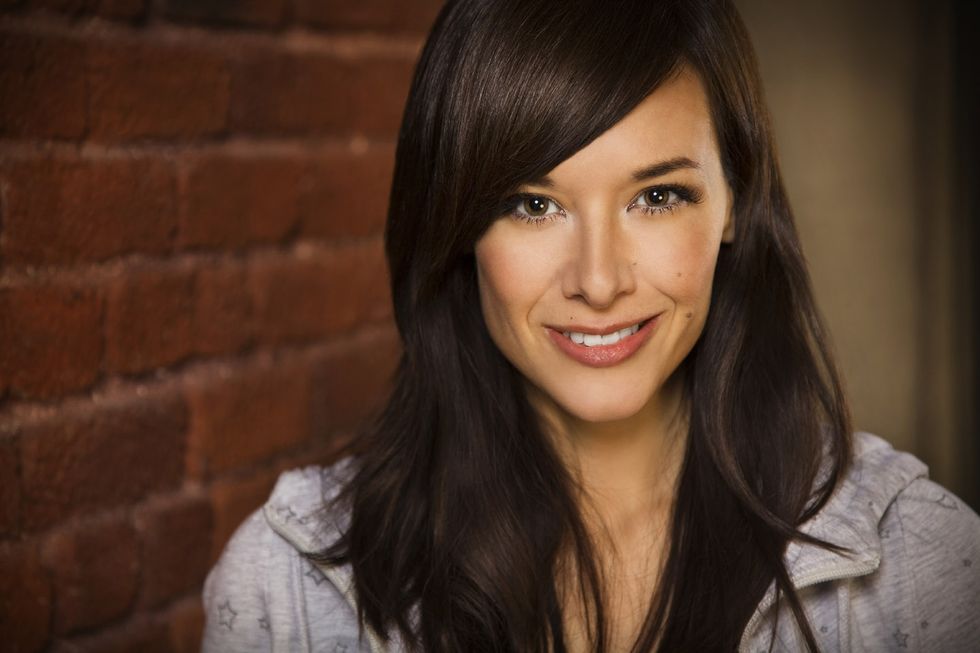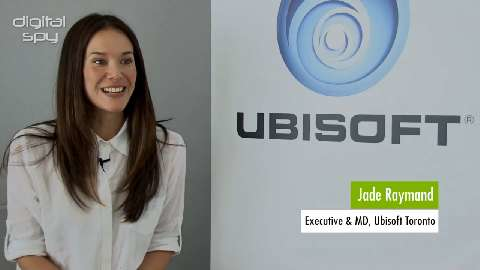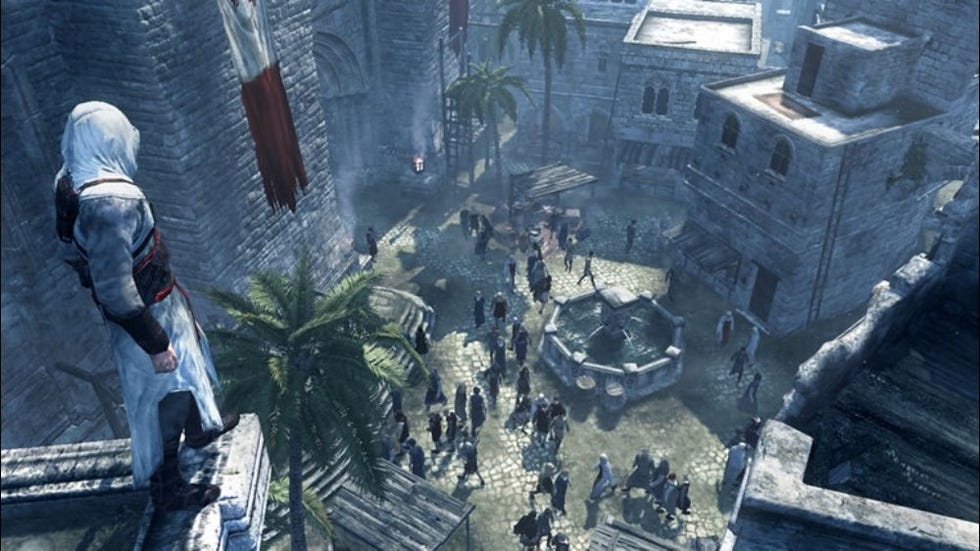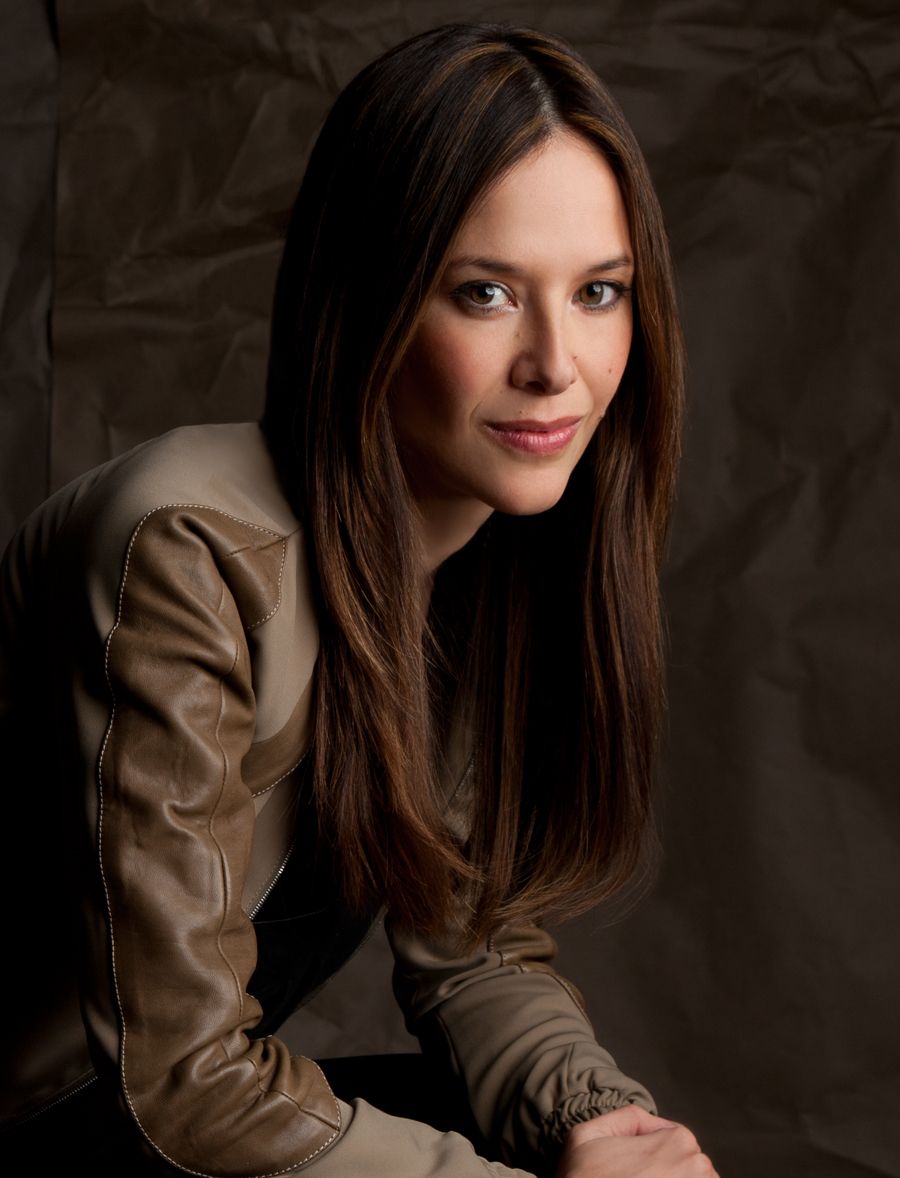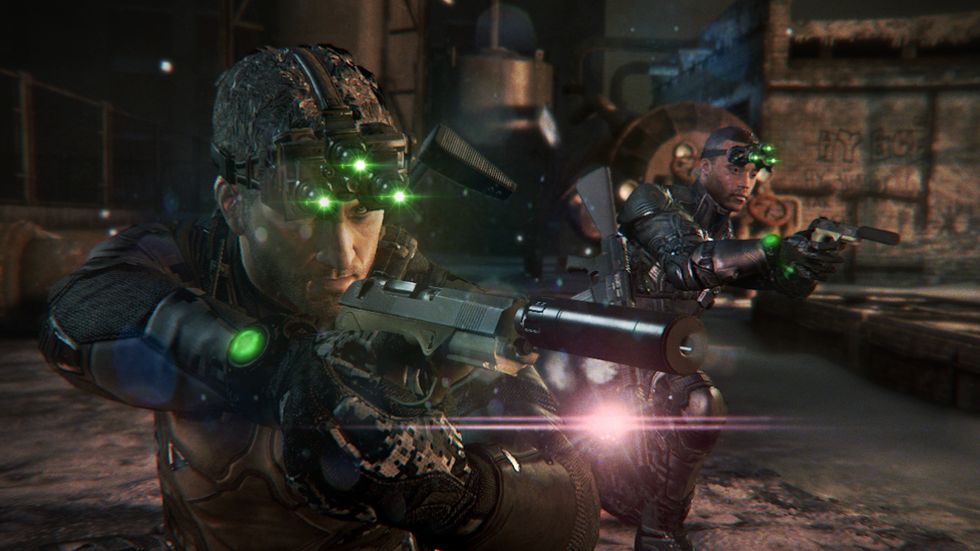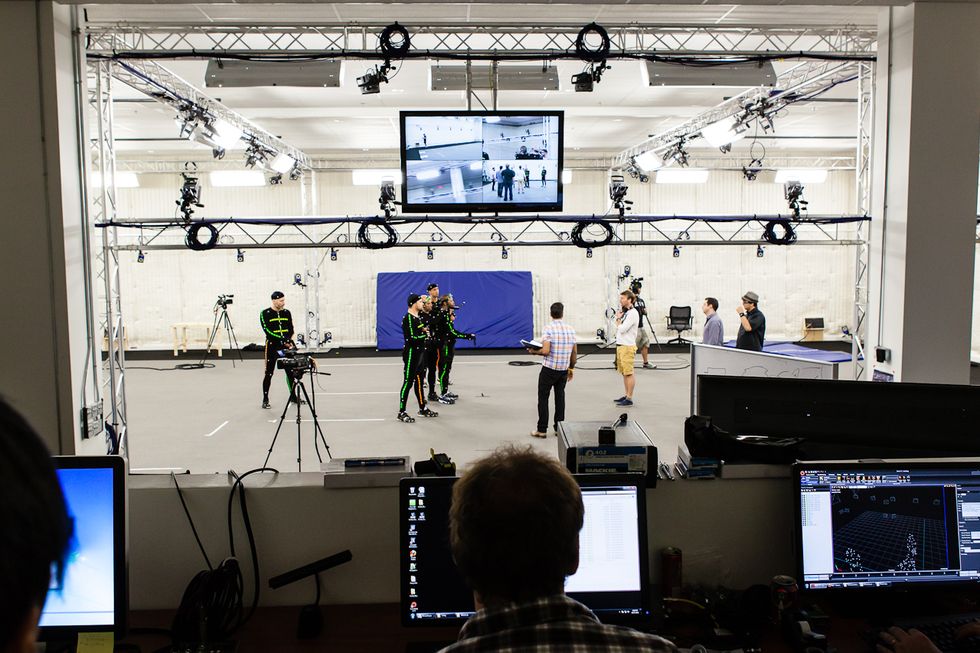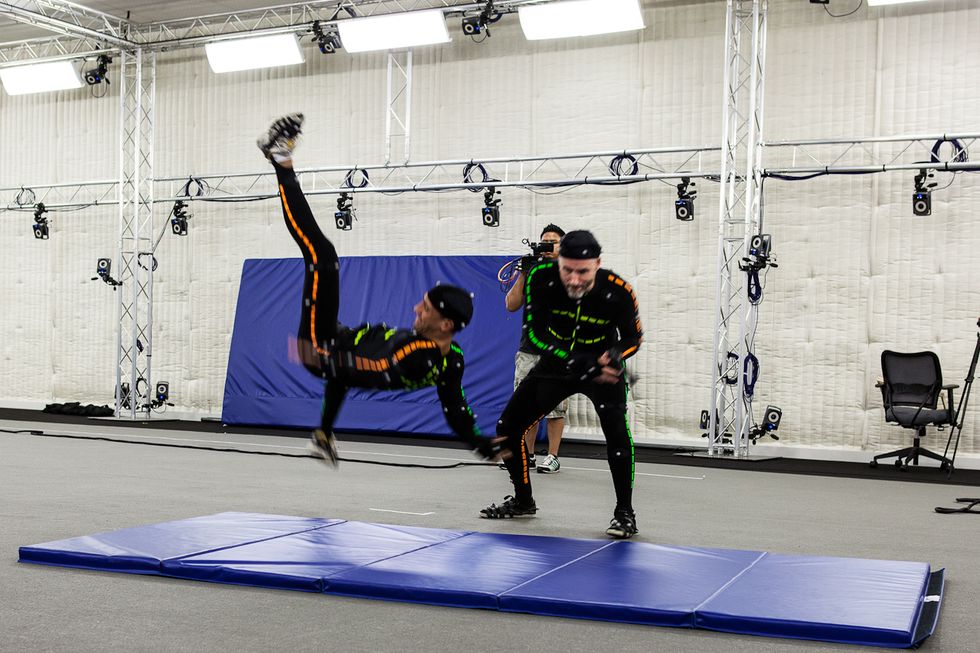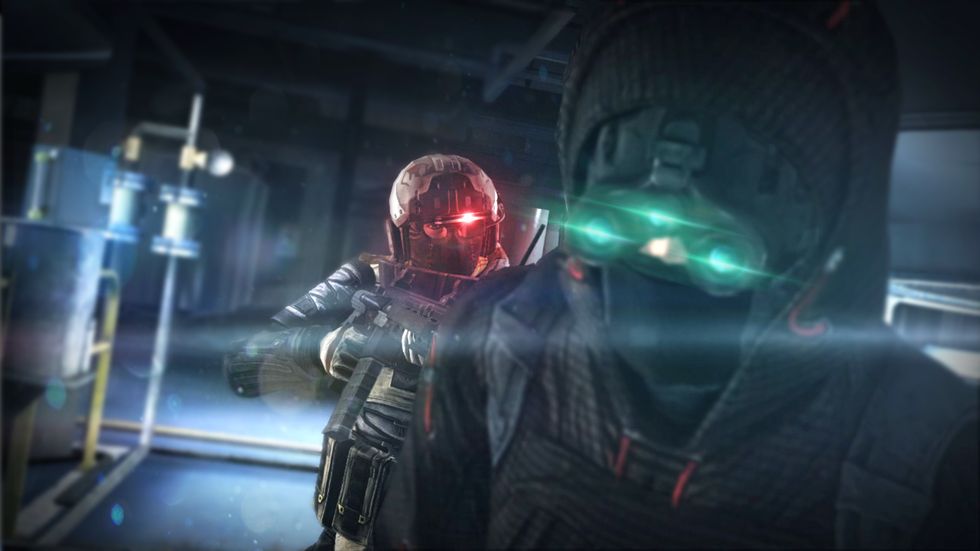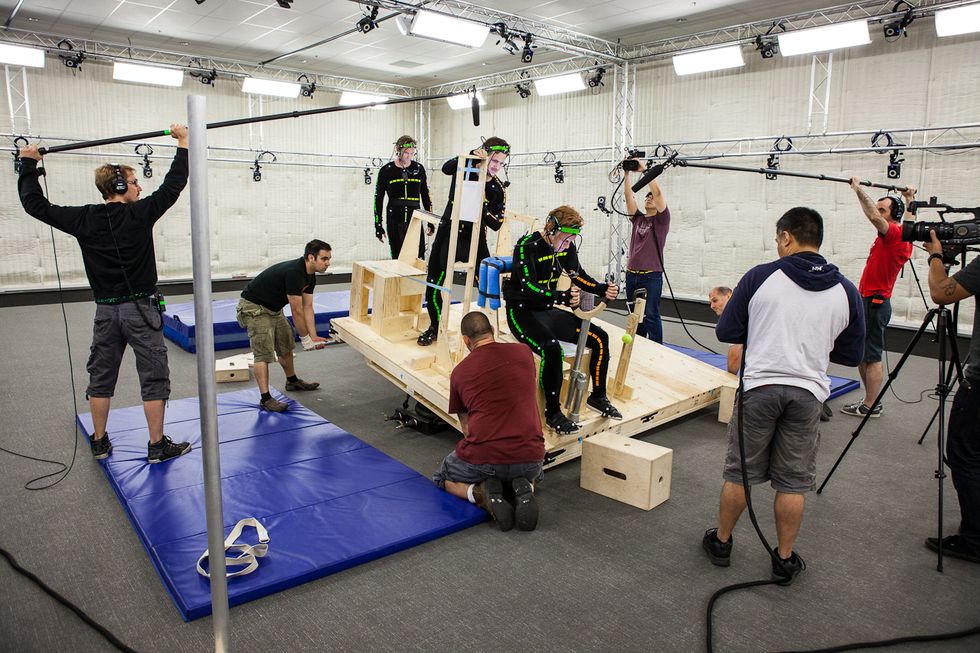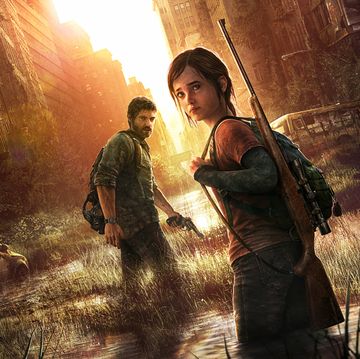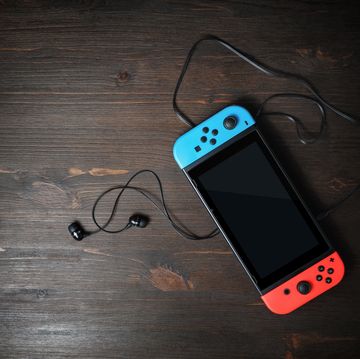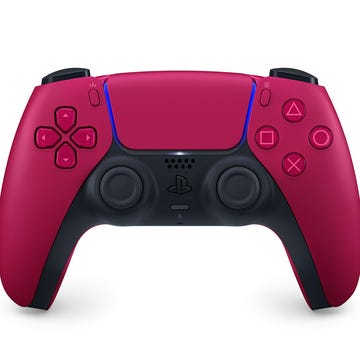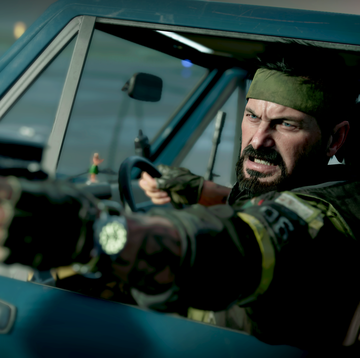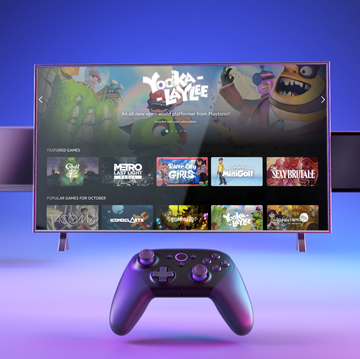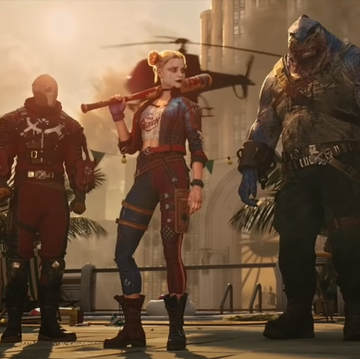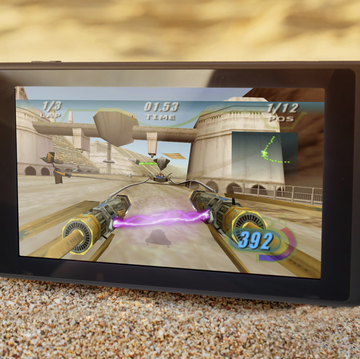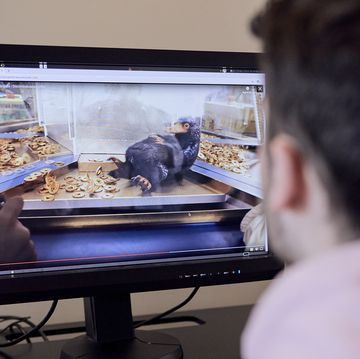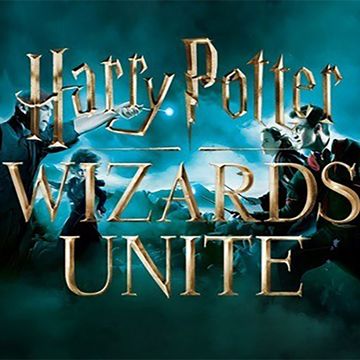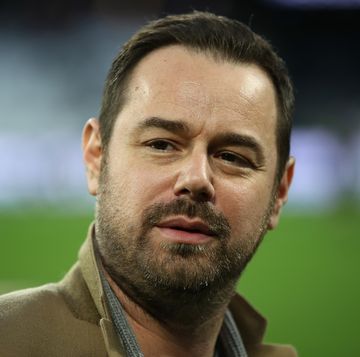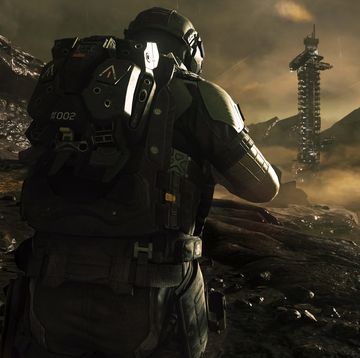Ubisoft Toronto, a studio founded in 2009, has just recently finished debut project Splinter Cell: Blacklist, which is due out later this month.
The game is just the start for the relatively new studio and its head Jade Raymond, which plans to scale to 800 developers and is currently working on five projects, including a new Assassin's Creed game.
Raymond sat down with Digital Spy to discuss her career and how she was offered the role, why she initially turned it down, the studio's future in multiplayer and performance capture and what's next.
Raymond's start on The Sims Online and Assassin's Creed
Raymond began her career as a network programmer at Sony Online, before becoming a producer on The Sims Online, two roles that appear very different to Assassin's Creed and Splinter Cell, for which she is now known.
"If I could have started working on a fighting game or an action adventure game from the start on consoles, that would have been my choice," she explained.
"But ultimately I was just happy to get a job working in games. I was knocking on everyone's door, trying to get an offer."
Watch Jade Raymond discuss Splinter Cell with Digital Spy below:
After a quick spell at an ill-fated MMO start-up in Silicon Valley during the dot-com bubble, Raymond saw the impending console transition to Xbox 360 and PS3 as the perfect opportunity to jump ship.
"The games industry is like the movie industry in the sense you don't get a chance to work on so many big games in a lifetime. It can take easily four, five years to get a game out the door. Each game you work on is a big decision," she said.
"So far I've been working more on casual games and I wanted to work on the type of games I love playing as a gamer.
"I knew with the next gen that's always when you have the opportunity to create something new and really big, and at that point I went and interviewed at 30 different places all over the world, including here [in London]."
That's when she started work at Ubisoft Montreal, a studio which at the time had a core team of just 12 people, and was finishing Prince of Persia: The Sands of Time.
Her role there was as a producer on the first Assassin's Creed, which launched in 2007. Her role was described as "the point that's keeping everything on track", from the vision to budgets and team motivation, which was one of the "toughest" she's done so far.
She then became executive producer on sequel Assassin's Creed 2, which was more management oriented. Six producers working on various projects reported to her, from someone working on the core game to the mobile versions, comics and books.
Why Raymond initially turned down the Ubisoft Toronto role
It was when Raymond was eight months pregnant with her daughter that she was offered the chance to start and head up Ubisoft Toronto, a role she initially declined due to her love for the work and team at Montreal.
"[Head of Ubisoft Monteal Yannis Mallat] said, 'I know it's not really fair to ask you this right because you probably have other things on your mind'," Raymond explained.
"I went back to think about it and then at first I told him no, because I really loved the role of executive producer, I already had teams of about 500 people on these various projects reporting into me, I was getting to work with really smart teams.
"I had new IPs - Watch Dogs was one of the IPs that I was overseeing then - and to me it was my new baby that I was exciting about and I loved that team."
She continued: "It was like, 'No, why would I move my whole family? My husband has to quit his job', and then Yannis said, 'Really? Think about it, you don't get these opportunities so often'.
"I went back and thought about it, and finally my husband and I agreed that we would give it a shot.
"I have always thought that starting a studio from scratch would be a dream, but in my mind I was doing it more ten years from then, not so soon! It was more of a long-term, 'One day I would like to'.
"This was an opportunity to do it with all the best starting conditions you could hope for; the support of Ubisoft, a great brand to build on, a great team."
Why Splinter Cell was a good debut project for the new studio
Joined by fellow Ubisoft Montreal alumni, including producers Max Beland and Alex Parizeau, the studio was founded in the summer of 2009 and work went underway on its first project Splinter Cell: Blacklist.
Raymond explained that Splinter Cell was an ideal first project because it attracted talent from across the industry to work in Toronto.
"It's one of the iconic franchises that Ubisoft has. It was a great tool to attract people from the industry... we really need to make sure the people we attract to the studio are very senior."
Like Ubisoft's other projects in the last five or so years, the studio was also built to work alongside Ubisoft's other teams around the world, with Montreal creating multiplayer in Blacklist and Shanghai designing co-op.
"We set that up on Assassin's Creed 2 which was the first game at Ubisoft to do that kind of big, multi-studio collaboration, and now it's being used on all the projects," Raymond said.
As well as setting up the studio, Raymond was also executive producer on Blacklist to develop long-term ideas for the franchise, helping producers on mobile, web and comic tie-ins and helping to establish a motion picture.
The studio's focus: multiplayer and performance capture
When Raymond first established Ubisoft Toronto, she took the time to work out the studio's focus, establishing a "long plan" for the years ahead.
"I spent some time when we were setting up the studio to try and figure out what we were going to focus on," she explained.
"I really believe for a studio to be able to have an impact on the game industry and be different that you have to have a strategy and have to have a focus. Otherwise you'll end up taking whatever projects come your way and get pitched at you.
As a result, Ubisoft Toronto will focus on multiplayer and performance capture, which are set to be growing areas of innovation and importance for the industry in the coming years.
While Ubisoft Montreal helped out on Blacklist's multiplayer, the Toronto studio will debut its performance capture technology in the game's cutscenes, which captures the face, body and voice of multiple actors at once.
Blacklist's cinematic director David Footman previously said that performances are heavily compressed on current-generation games.
Raymond said the team has put a lot of investment into ensuring it reaches its potential on new systems.
"I think a lot of where you see the detail and can really appreciate the work in performance capture is in the face," she explained.
"It's not only the compression, but on top of that, what you can do in terms of facial rigs, which is limited in terms of processing power because anything you're computing there is costing processing time, so there's limitation there in terms of how much realism you can get.
"[Performance capture is] one of the areas that we've invested in getting ready for the next gen."
The potential of next-gen consoles and multiplayer
Although we'll soon see what Ubisoft Toronto's cutting-edge performance capture studio set-up can do in Blacklist, its approach to multiplayer has yet to be fully seen.
Raymond predicts that next-gen systems will provide great gains in artificial intelligence, and while she "can't talk all the things we're investigating" in the multiplayer space, she's interested in how performance can be used.
"There were certain limitations with how many AIs you could have at any time [right now], how immersive they could be, how many archetypes you could have, how many different paths you could follow," she explained.
"Let's say a game where instead of having crowds where there are a hundred of them, what if there are 1,000 in the street, and you really feel that, and they're acting intelligently."
She added: "To me, it's all about the gameplay experience and how there's stuff we're doing in terms of investment and performance that isn't just about cinematics and cutscenes.
"It's how that performance that makes sense and enriches the experience in a multiplayer context, where you're not even watching a cinematic, but it's performance of your character and the other characters being played by people, right?
"If you think of it now, for example, you could be playing multiplayer games and you could be like, 'Oh crap, what's going on? Let's go hide there!' or whatever you're saying, and your character is just still walking on or whatever.
"I think there's a lot of potiental in terms of AI and performance and ways to carry that out as well."
Raymond also said that multiplayer in games "as a default mode is going to increase in popularity", and is interested in how playing with others could be a more welcoming experience.
"The bottom line is, no matter how good your AI is, I think playing with your buddy is more fun.
"I think the key is how do we make those games appeal to a broader audience. I think a lot of them are intimidating to people, unless you're an amazing first-person shooter player, you probably don't want to go online for most of those games and even try them.
"Maybe that's not something that a lot of people are thinking about, but to me, if all these games are online now by default or that's the primary mode, then how do we make sure they're still enjoyable for different people?"
Raymond is also concerned about the rising costs of triple-A games and how that could "stifle innovation", and is looking into business models such as free-to-play and microtransactions.
Watch Jade Raymond discuss Assassin's Creed with Digital Spy below:
What's the future for Ubisoft Toronto?
While Splinter Cell: Blacklist is finished, the studio continues to work on several other projects.
During an interview in 2010, Raymond said that the studio would be working on five projects, with plans to scale up to 800 staff within ten years. So far that plan is on track.
Raymond told us that Toronto is the lead on two of those titles - including some new IP - and is acting as a collaborator on the other three.
While these haven't been detailed, the team is readily known to be working on an upcoming Assassin's Creed game.
Raymond is back working with her colleagues at Montreal on the project, coming full circle on her journey at Ubisoft. She said working on the franchise once again is "like going home".
"It's really exciting to get to work on Assassin's Creed at Ubisoft Toronto's studio, because a lot of the people who are still working on the franchise are still the same people that I built the first game with," she said.
"It was a team that was tight-knit and a lot of them are still there. It's nice to already have that trust with those key people and not have to build up the relationships with those core people at Ubisoft Montreal."
Splinter Cell: Blacklist will be available from August 23 in Europe and August 20 in North America on Xbox 360, PS3, PC and Wii U.
